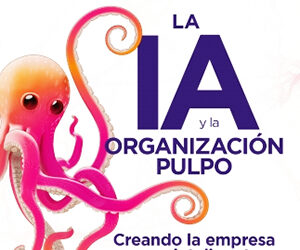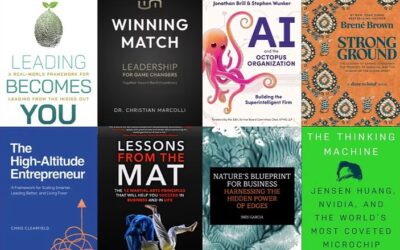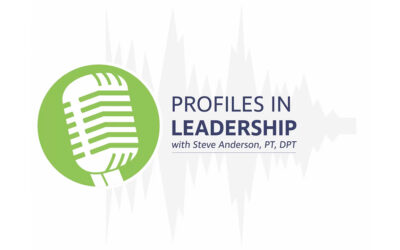An excerpt from the Mediaweek interview “Why futurist Jonathan Brill says humans can shape AI to work for us” by Natasha Lee:
For Brill, disruption is not something to fear but to harness. “In Chinese, the word for crisis is ‘wei ji’: wei means danger, ji means opportunity. Crisis is both danger and opportunity. I think the question isn’t what happens next, the question is whether you’re prepared for anything that could happen next,” he said.
The real opportunity, he stressed, lies in proactivity: “You don’t need to accept the future that’s given to you – you can architect your own future. That’s what’s so exciting about understanding these trends, understanding how everything comes together.”
Unsurprisingly, artificial intelligence looms large in Brill’s outlook. He believes the technology will reshape economies and societies much faster than many expect.
“What excites me about AI is that it’s going to shift the entire economics of the world. We’re able to automate those things that we used to not want to do, and it’s going to happen quickly,” he said.
Brill also pushed back on narrow views of AI as a job-cutting tool. “Foundationally, it’s about this idea that we’re going to become more efficient – by which I mean that we might have to lose some jobs,” he explained.
But he argued that businesses need to consider AI at three levels: “tasks – the things we do over the course of the day; how those bundle into processes and jobs that we do in our businesses; and how the people who do those jobs create resilience when edge cases occur.”
The bigger picture, he said, is about resilience, and using AI to our advantage by helping to automate mundane tasks. “Because if we do those things, we can all be dramatically more efficient, and we can live in a much, much better world,” he said.



